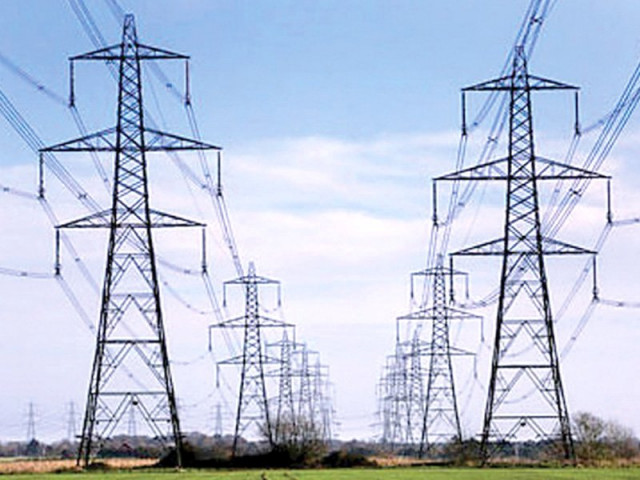CASA-1000 project: Pakistan, Tajikistan agree on electricity tariff
Price set at 5 cents per unit, will lead to a power purchase deal.

CASA-1000 project: Pakistan, Tajikistan agree on electricity tariff
In a major development, Pakistan and Tajikistan have cleared a key hurdle as they have reached an understanding on the price of electricity to be supplied by the latter under the Central Asia-South Asia (CASA) 1,000 project, officials say.
The project, aimed at easing energy shortages in Pakistan and utilising surplus power in Tajikistan, has the backing of the United States and World Bank, which has approved millions of dollars in financing to execute the programme.
Pakistan has been facing an energy crisis, which has disturbed normal and business life and erased 3% off economic growth every year. Aware of the gravity of the situation, the present government has pledged to tackle the shortages but it believes power outages will not end before 2018.

According to officials, Pakistan and Tajikistan have settled the tariff issue, which will lead to signing of a power purchase agreement. Earlier, Tajikistan sought 3.5 cents per unit, but later increased the price to seven cents.
“Now, the two sides have agreed on five cents per unit for the supply of electricity,” a diplomatic source told The Express Tribune.
However, officials pointed out that despite finalising the tariff, a major challenge still stood in the way of the project as power transmission lines would have to pass through war-torn Afghanistan.
According to experts, the US is playing a lead role in striking the power supply deal between Pakistan and Tajikistan. It has also pushed Pakistan to press on with the Turkmenistan-Afghanistan-Pakistan-India (TAPI) gas pipeline project. But both power transmission lines and the gas pipeline will snake through Afghanistan.
Pakistan and Afghanistan have determined the transit fee for gas supply from Turkmenistan, but they have yet to decide on the fee for power transmission.
According to officials, Kabul is seeking two cents per unit, a high price that threatens to make power purchase unfeasible for Pakistan.
Some officials of the Ministry of Water and Power suggest that Islamabad and Kabul should enter into a bilateral arrangement and the latter should waive the transit fee.
“Afghanistan should not demand the fee as Pakistan is treating power supply as a transit trade arrangement,” an official remarked.
He pointed to the fact that Pakistan had been providing a supply route for Nato forces in Afghanistan on a nominal fee and Kabul was also enjoying free flow of goods through Pakistan under a transit trade accord.
Others were of the view that the fee, if necessary, should not be more than Rs0.10 per unit.
Assistance
The World Bank has approved CASA-1000 project, offering $120 million, out of a total loan of $552 million, for laying transmission lines in Pakistan.
Total cost of the project is estimated at $1.16 billion and remaining funds will be provided by the Islamic Development Bank and other donors.
Under the project, the Kyrgyz Republic and Tajikistan will export 1,300 megawatts of electricity to Pakistan and Afghanistan. A major chunk of supplies will come to Pakistan and about 300MW will go to Afghanistan.
Feasibility
According to the Tajikistan embassy in Pakistan, Tajikistan after being disconnected from Central Asia’s energy grid has no other option but to sell surplus electricity in summer to South Asian countries.
It will also help build close economic ties with Kyrgyzstan, Afghanistan and Pakistan. “It will help Afghanistan demonstrate its viability as a transit country linking the two regions,” the embassy said.
It said Canadian company SNC Lavalin, which has conducted the feasibility study, endorsed the viability of CASA-1000 based on the current and projected volume of spillover water of hydropower plants in Tajikistan in the May-September period.
Published in The Express Tribune, June 24th, 2014.
Like Business on Facebook, follow @TribuneBiz on Twitter to stay informed and join in the conversation.



















COMMENTS
Comments are moderated and generally will be posted if they are on-topic and not abusive.
For more information, please see our Comments FAQ